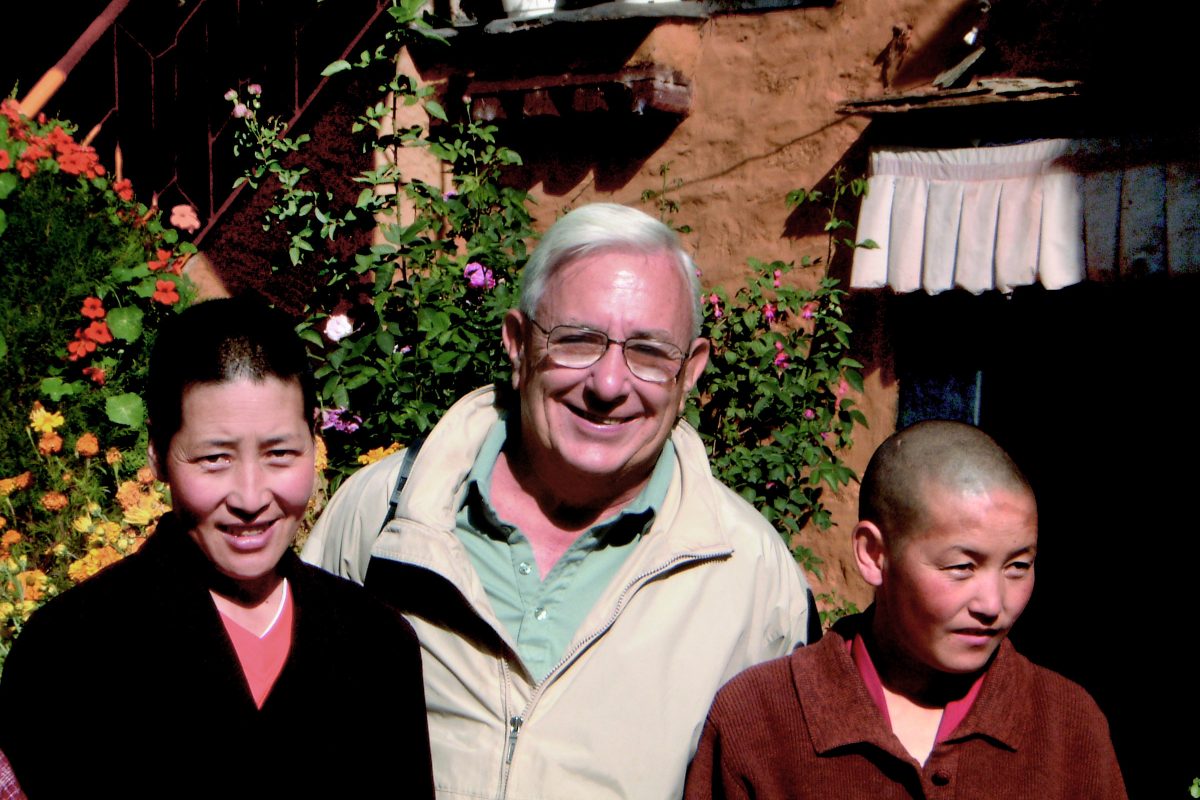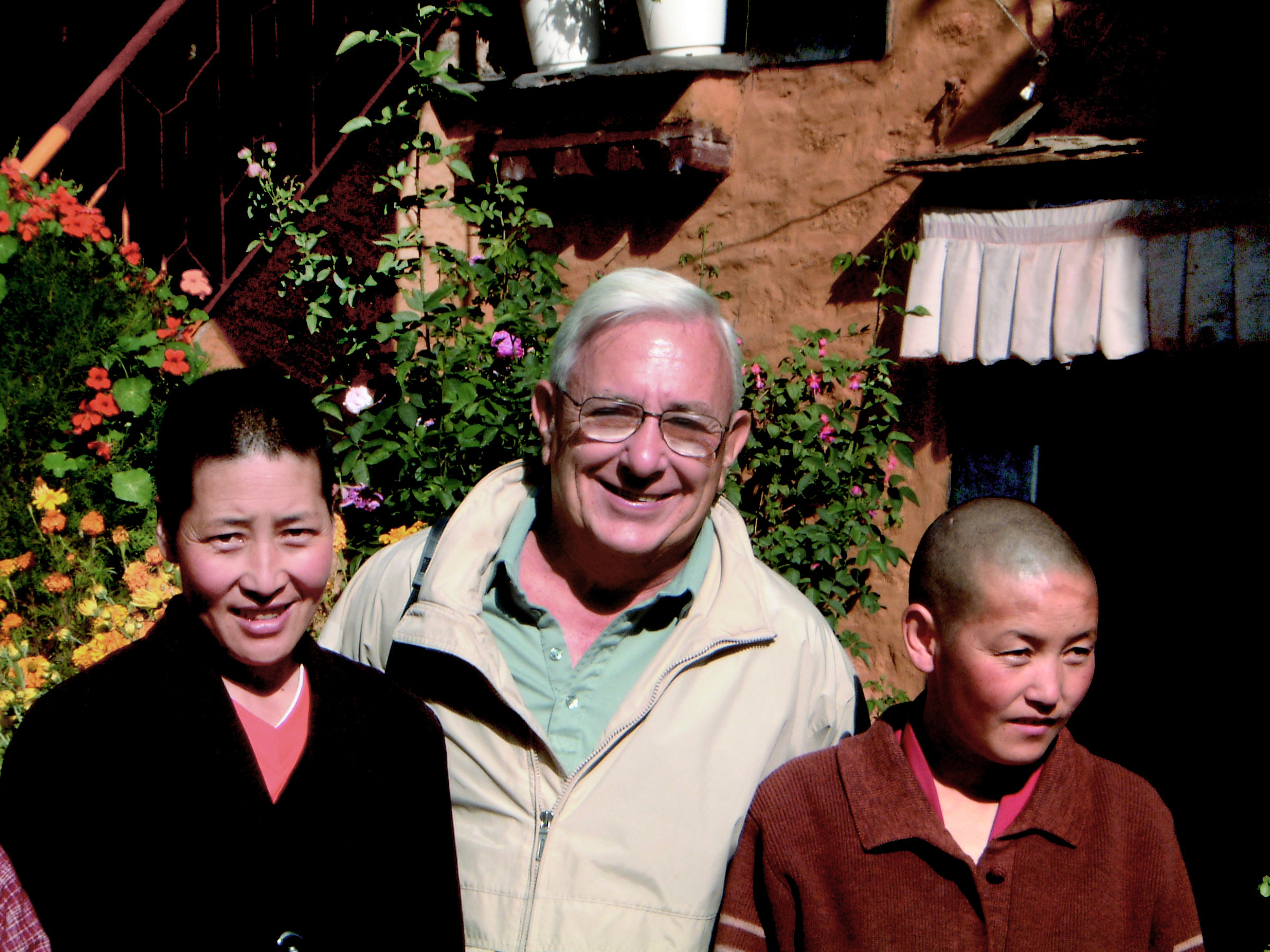
A reflection by Fr. Jack Lynch, S.F.M.
We are told that each of us is called to “accept ourselves.” Just what exactly does that mean?
So often today we hear the expression used to indicate acceptance of our present condition and of situations in the past that we cannot change. Psychologists also use this expression to indicate self-appreciation; that is, liking ourselves despite whatever faults we see in ourselves. All well and good, but this is incomplete.
To fully accept ourselves is to accept and embrace the truth that within each and every one of us is the potential to change, to grow, and to mature. Accepting ourselves also implies acceptance of our role as agents of change.
To fully accept ourselves as Christian people is to acknowledge sinfulness and our dependence on God. It is to acknowledge that the grace of God is freely given and draws us into the future inviting us to accept our potential to be better people. It invites us to make an act of faith in the God who cares and calls and stretches out a hand to lead and guide us.
We are challenged to accept the teaching of Jesus as addressed to each of us: “You did not choose me but I chose you” (John 15.16). We recognize that we are called and invited to respond. “He said to them, ‘Come and see.’ They came and saw where he was staying, and they remained with him” (John 1.39).
We are asked to accept a commitment to go beyond ourselves, overcoming selfishness and self-centredness.
We are asked to accept a commitment to go beyond ourselves, overcoming selfishness and self-centredness. “And he said to them, ‘Go out to the whole world; proclaim the Good News to all creation'” (Mark 16.15).
Let us pray that we accept fully the call and challenge of the Lord. Let our commitment be to the Reign of God: to Truth and Life, to Sanctity and Grace, to Mercy, Love, Justice, and Peace.

